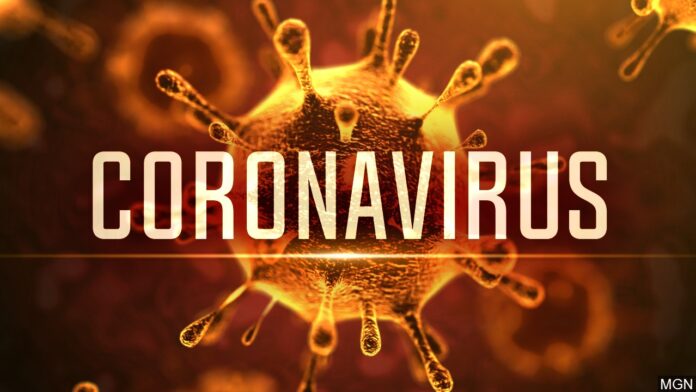By HARVEY HILDERBRAN, Special to the sTAR
With the onset of the current pandemic, Texans of every ilk have joined forces in an attempt to defeat COVID-19.
As the year has progressed, it sometimes appeared the virus was winning as hundreds, and then thousands, of Texans were losing their lives.
Like metropolitan areas along the East Coast, local hospitals and city morgues were often overwhelmed with the bodies of the pandemic’s victims. The days became weeks… waiting for burial in overtaxed cemeteries or cremation in crematories that were running 24/7 in an attempt to meet demand.
As the virus migrated across the country before moving into Texas, the American way of death was upended into an unrecognizable new ritual.
As executive director of The Texas Funeral Directors Association, I have had an opportunity to witness the men and women of Texas funeral service as they’ve comforted hundreds and then thousands of families, many of whom were not able to be present at the bedside of their dying loved one.
Our funeral directors, the invisible responders to every tragedy in our state – from plane crashes and the Challenger accident to hurricanes and flooding – never seek credit for their professional services or simply providing compassionate counsel for the innocent survivors of these unthinkable events.
This summer, funeral directors from around the state responded to the needs of directors in the Rio Grande Valley as the death toll along the Texas-Mexico border continues to climb.
Funeral homes in the RGV, accustomed to making four to six funeral arrangements a week, were making triple that amount on a daily basis.
Refrigerated vans, managed by TFDA volunteers were moved into place to hold bodies until burials and cremations could be carried out. In the meantime, crematory operators were sleeping in their cars a couple of hours each night before returning to their work to meet the demand.
Using electronic technology to live stream services, Texas directors are making it possible for scores more than the allotted eight mourners to virtually attend masses, rosaries, chapel services and final rites at graveside…and even with the barriers presented by COVID-19, funeral directors are working overtime to create meaningful celebrations of lives cut short by a pandemic that respects no boundaries.
To the general public, funeral directors appear to be the men and women who wheel caskets into position for the funeral eulogy, shepherd mourners as they leave chapels and churches, drive hearses that carry caskets to their final resting places and the last ones to leave the cemetery after overseeing the closing of the grave.
But these legions of professionals do much more for the families they serve and the communities where they live.
The lives of funeral directors revolve around responding to the needs of others. They sacrifice attending family graduations, their children’s ballgames and dance recitals and holiday gatherings to help s neighbor in their time of need.”
Unknown to many, a majority of today’s funeral directors have been called to this special ministry. Their singular purpose is to make the darkest days and the most difficult journey for a family a little easier.
As I write, COVID-19 claims another victim every minutes. The death toll is close to 210,000. That translates to a funeral director somewhere in America answering a family’s call for help.
These funeral directors – the invisible responders, the dedicated shepherds of their communities – don’t ask for celebrity status. Over the past eight months, they have selflessly answered the call for their services and expertise in the wake of COVID-19’s carnage, always ready to serve.
I just thought you might want to know.
Harvey Hilderbran is Executive Director of Texas Funeral Directors Association, a professional organization founded in 1886, representing Texas funeral directors and embalmers. TFDA is based in Austin.





